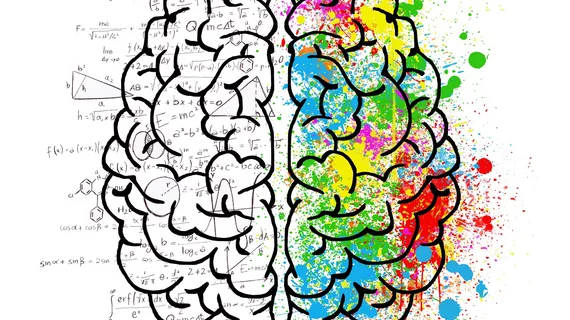fMRI reveals how the brain adapts after half of it is removed
The human brain is a surprisingly adaptable organ. Researchers witnessed this firsthand, as fMRI scans revealed that an adult’s brain with an entire hemisphere removed could compensate for the change and regain lost functions.
That’s what research published Nov. 19 in Cell Reports showed. In it, six children who had undergone a hemispherectomy—removal of half the brain—were imaged, showing parts of the brain that specialized in specific tasks were able to adapt and learn more general functions.
The results are good news for researchers and families whose children are forced to undergo the procedure. About 20% of patients who require the surgery find work as adults, according to the New York Times.
“Whenever we looked at their brain scans, we’d go, ‘Wow, this brain really shouldn’t be able to work,’” Ralph Adolphs, a cognitive neuroscientist at the California Institute of Technology and co-author of the study, told the Times. “If you take any other system that has a number of parts whose functions all depend on one another, like the heart, and you divide it in half, it’s not going to work. You take my laptop and cut it in half, it’s not going to work.”
Read the entire story below:

